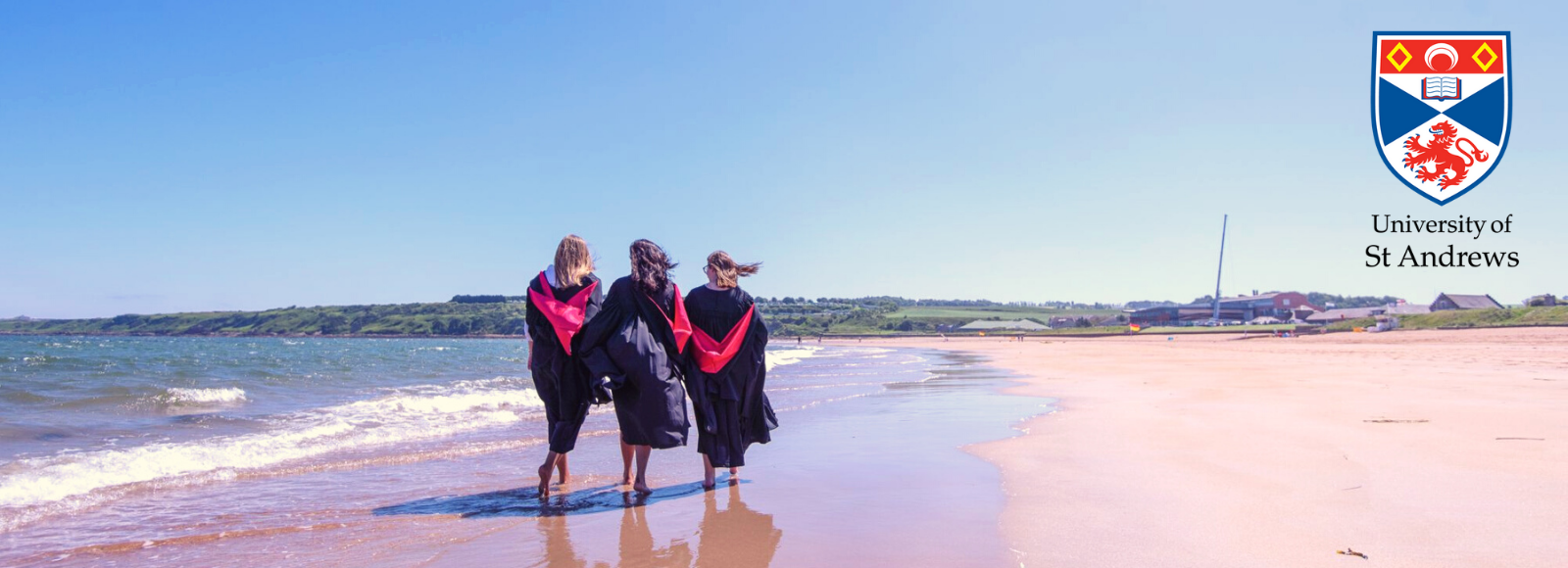- ...
Masters Compare - Find your perfect masters course.
Our Global Sustainable Development programme addresses many of the most pressing sustainability challenges of the 21st century, equipping our students to evaluate diverse and contested ideas about what these challenges are and how best to solve them, as well as teaching them the skills needed to develop their ideas in policy directions. We cover a breadth of environmental, social and economic issues, such as climate change, development, health, energy, policy change and conservation.
Our MSc in Global Sustainable Development is led by interdisciplinary critical social science. This means that we start from the scientific consensus about human impacts on climate and environments but also with recognition that it is social and political contexts that are preventing vital change. Social science perspectives understand these contexts, for example, by being attentive to questions of power, knowledge and politics. Within this, our course pays particular attention to questions of justice and equity. We commit to research-led teaching, academic rigour, and teaching our students the skills needed to implement research-led change.
A 2.1 Honours undergraduate degree. If you studied your first degree outside the UK, see the international entry requirements.
The MSc in Global Sustainable Development welcomes applicants from a range of disciplinary backgrounds including, but not limited to:
The qualifications listed are indicative minimum requirements for entry. Some academic Schools will ask applicants to achieve significantly higher marks than the minimum. Obtaining the listed entry requirements will not guarantee you a place, as the University considers all aspects of every application including, where applicable, the writing sample, personal statement, and supporting documents.
Application requirements
For fees and funding options, please visit website to find out more
The University of St Andrews’ global reputation makes its graduates highly valued by employers. The MSc in Global Sustainable Development provides subject knowledge and applied skills for a fast-growing sector.
Our MSc is relevant to a range of career paths in government and public bodies, non-governmental organisations and charities, and the private sector. We have dedicated careers support built into the course.
In addition to broadening your subject knowledge and applying established techniques of research and enquiry, you will develop and demonstrate essential skills such as:
The University also offers two awards for all students, known as the Saints Skills Awards. You can develop a range of skills through the Skills Builder Award or learn how to articulate them effectively through the Skills Spotlight Award. These skills are highly valued by employers and the awards are a good addition to your CV.
The Careers Centre offers one-to-one advice to all students as well as a programme of events to assist students in building their employability skills.
Compulsory
The MSc is structured around two compulsory taught modules.
Semester 1
Semester 2
Optional
Alongside compulsory modules, students will complete a number of optional modules (normally two per semester). Optional modules allow you to shape the degree around your own personal and professional interests.
Optional modules change each year but we here are some possible options:
Optional modules are subject to change each year and require a minimum number of participants to be offered. Some may only allow a limited numbers of students.
Project
The final part of the MSc is the end-of-degree project. This takes the form of a period of supervised independent research where you will explore a sustainable development topic of your choice.
Through the project you will develop your ability to undertake sustained critical analysis, improve your research skills, and produce an extended piece of written work that demonstrates a high level of understanding of your area of study.
You can choose to present your end-of-degree project in one of the following ways:
If students choose not to complete the project requirement for the MSc, there is an exit award available that allows suitability qualified candidates to receive a Postgraduate Diploma (PGDip). By choosing an exit award, you will finish your degree at the end of the second semester of study and receive a PGDip instead of an MSc.

Scotland’s first university, an experience like no other Masters programmes to help you find your future. Are you looking to earn an outstanding pos...